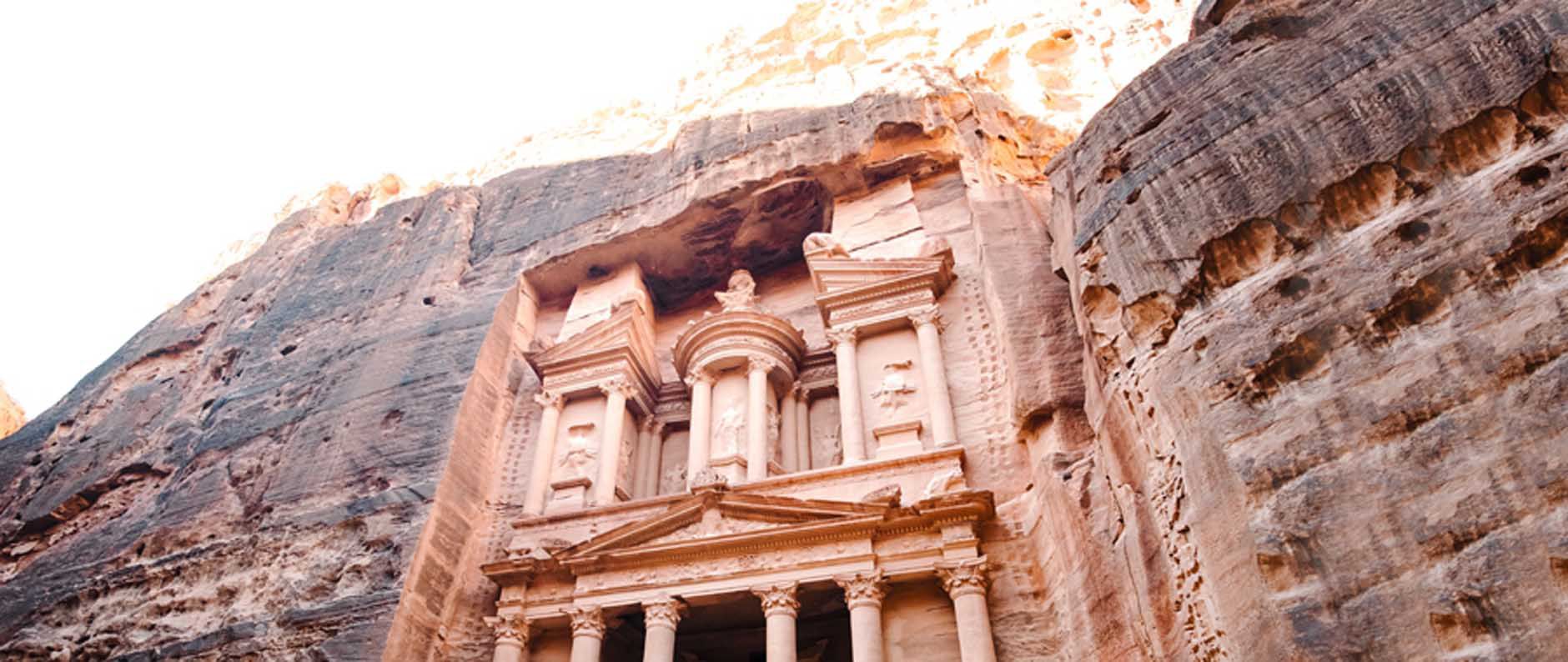Jordanian Wedding

A Week Long Traditional Jordanian Wedding
While other cultures around the world rush towards half-a-day wedding ceremonies, Jordanians not only have the audacity to host a week long wedding party but they always enjoy every bit of it.
Jordanians are not only easy going people but religious too and it’s evident in the way they celebrate a new marital union.
A Jordanian wedding is a several day event consisting of preparations and parties. This is a religious process that’s initiated the moment the woman when asked in front of a witness, agrees to the union proposal. Customs and traditions dictate that this is the first requirement in a Katb Al Kitab or a marriage ceremony.
In some Jordanian communities, both families hold a feast to celebrate the engagement and for the couple to exchange wedding bands.
The Nikkah or the Katb Al Kitab in modern times is performed at the courthouse in Jordan and it explicitly requires that:
- The woman agrees to the union, even though she has an option of saying no. The asking is done in front of a Walee or a representative, who culturally is the father of the bride.
- The groom gifts the bride a valuable Mahr or gift.
- The couple must agree on the contents of the marriage contract in front of witnesses who are known to be pious.
- There has to be a public announcement of the marriage before an official ceremony.
Traditionally the celebrations are meant to start on a Tuesday when the groom and his family gather to enjoy tea, music and dancing.
Wednesday
On this day the party starts at night, when women from the groom’s family go the bride’s house to paint her hands with henna with beautiful designs. The night is traditionally named the henna night and is customarily head on Wednesdays.
Main meals served at this celebration are either liver or tuna, depending on the location.
Thursday
During the day, the groom’s friends and close relatives thoroughly groom him for his wedding night. The day is traditionally referred to as the groom’s shower night.
Friday
This is the official wedding day. On this day the family of the groom will proceed in a line-up of vehicles to the bride’s home to pick her up. Her father hands his daughter a traditional Bedouin coat also called furwa before she’s taken away.
She is then accompanied by her brothers and father to the wedding venue along with a procession of honking and music blasting vehicles. This ride may decide to drive around town for a while and the authorities are forgiving considering the circumstances.
They are welcomed at the venue by more Arabic music from a traditional band whose main instrument is the drum called tabla. Apart from the excessive cultural dabke dancing the other best thing about a Jordanian wedding is the traditional meat and rice dish known as mansaf. Mansaf is also considered Jordan’s national delicacy and offensive to eat it using a spoon.
Unlike weddings in other cultures, gifts are not exchanged at Jordanian weddings. Guests only gift the couple money and best wishes. This is similar to the Japanese wedding culture where guests gift money to the couple.
Unlike American weddings, guests are advised to purchase earplugs because not everyone can handle the loud traditional Jordanian wedding music. Interestingly the most played Jordanian wedding songs come from two famous local artists, Hussein Alsalman and Omar Al-Abdallat.
According to Jordanian traditional culture, the groom or his family is responsible for paying for all wedding expenses and he is expected to have either rent a home or buy one. However, the bride’s family will settle the bill for the first engagement party. It doesn’t matter who is paying because both families always work together to make the wedding a success.
Modern brides go for typical white wedding dresses while grooms stick to a black suit. In more traditional settings the bride adorns an embroidered wedding dress along with a silk cloth covering her head and silver or gold jewelry. Grooms in such cases stick to decent suits.
Conclusion
A traditional Jordanian wedding is a week-long because the events leading up to the wedding party day are culturally relevant; otherwise it would just be another ceremony. Jordanians are known for cultural inter-marriages thus making each wedding unique and a week is all it takes for two families from different cultures to be united properly.







